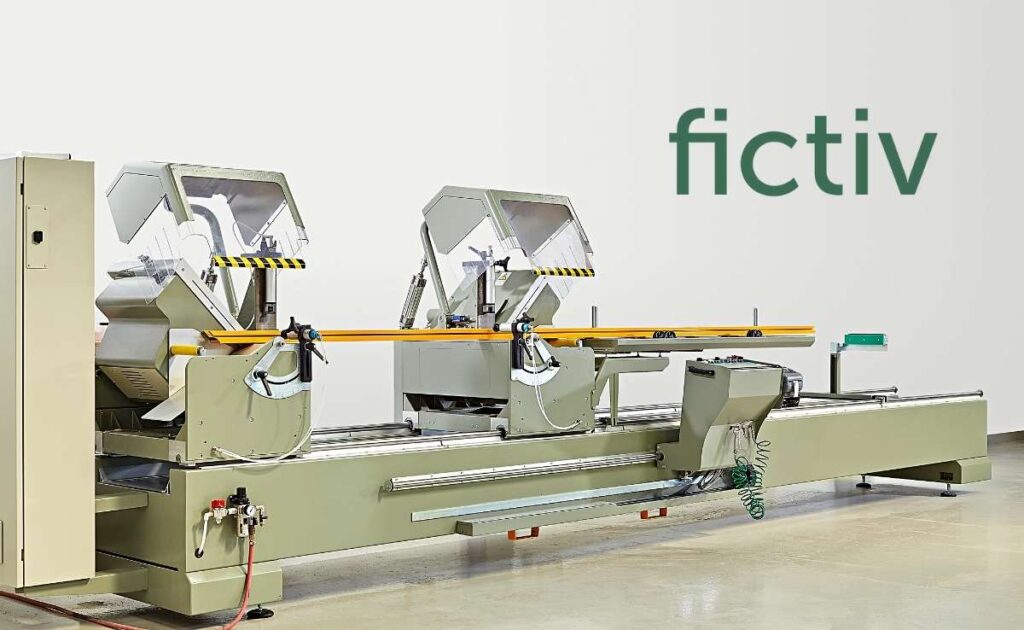Fictiv has raised an additional $100 million to expand its service for connecting clients with makers of mechanical parts. On one end, the service simplifies the ordering and procurement procedure for engineers at product firms, while on the other, it assists in filling empty manufacturing capacity as per heatertechcrunch.
Additionally, Fictiv has created a number of apps for manufacturers to aid in project planning, jump-starting production, tracking progress, label generation, and the development of their core application and data management architecture. Businesses like Xometry and Proto Labs are competitors.
Fictiv intends to expand throughout the US, China, and India, invest in tools to enhance CX for engineers submitting proposals, and enhance digital twins for simulating various elements of manufacturability, production, and sustainability. Engineers can submit bids, place orders, and monitor the progress of work spread over hundreds of production plants using the company’s centralized interface. Additionally, it assesses the caliber of its manufacturing partners and offers enterprise customers a consolidated experience.
Expertise With Engineering Procurement
The Manufacturing of mechanical parts is not a sector that moves quickly. While working as a dashboard engineer at Ford, Fictiv co-founder and CEO Dave Evans had the idea. He admitted that he soon discovered that project management was taking up the majority of his time rather than working on the creation and design of new products and that many other engineers shared this issue.
Nate Evans, the CXO, and cofounder of Fictiv, who understood right away that the ad sector was going through a similar shift. By combining ad spending with the availability of tailored ad space, companies like Google experienced tremendous growth. The two believed that manufacturing might be transformed with the use of a similar methodology.
According to Dave Evans, “Prior to the formation of Fictiv, sourcing, and quotation of parts to local machine shops was severely fragmented. This was further compounded by delayed communication channels, erratic machine capacity, uneven quality control, and limited visibility into production status.”
According to Evans, the prior process involved a procurement engineer sending out a request for bids to four or five potential manufacturers and waiting a week for the quotes, which has now been reduced to days. After selecting a manufacturer, placing an order, and waiting a further six weeks for delivery.
With Fictiv, the procurement engineer enters an order, and Fictiv creates a digital twin from the original 3D CAD file to model how it might be produced on various types of machinery. Using several production processes like injection molding, casting, or additive manufacturing, the Fictiv engine estimates the time, cost, and quality of producing an item.
Within an hour, it gives a variety of quotations for various strategies. Following submission of the order, Fictiv immediately matches it with the most qualified production partner. Ac/cording to Evans, they frequently provide the finished products in less time than a week, as opposed to the seven weeks it used to take.
Manufacturing Transformation
The long-term objective is to assist businesses in modernizing their manufacturing process with a more agile strategy that enables businesses to iterate on design concepts more quickly. Additionally, the Fictiv platform manages and offers transparency for sourcing, manufacturability, and immediate production.
Every step of the process includes the delivery of product updates, and clients can access all order information in one place for simple reordering and visibility throughout an organization.
In order to protect the intellectual property of its clients, Fictiv’s platform is likewise SOC 2 security certified, and all work orders are anonymously sized before being sent to approved manufacturing partners.
The end result is a supply chain and engineering team production workflow that is streamlined, reliable, efficient, and secure. As a result, new product time to market is sped up, and supply chain agility, operating efficiency, and resilience are all increased.
Conclusion:
Evans stated that in the future, tools are being created to assist in estimating the manufacturability of parts using various methods. For instance, certain physical surfaces could be challenging to manufacture using certain methods.
Additionally, they are increasing ESG tracking support. They are creating tools, for instance, to estimate the carbon footprint of various production processes. The investment in Fictiv since its creation in 2013 has totaled $192 million thanks to this series E.
Read More Related Articles –
Patsnap Gets Funding Of $300m Led By Softbank Vision Fund 2
Forter Gets $300m At A $3b Valuation Led By Tiger Global Management
Steep Increase In Capital For The LTK Company Value Gives More Followers

